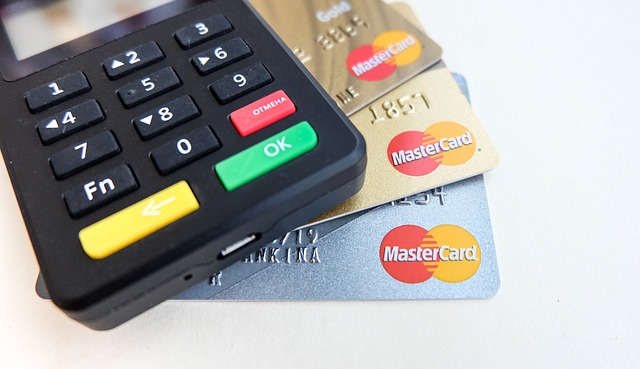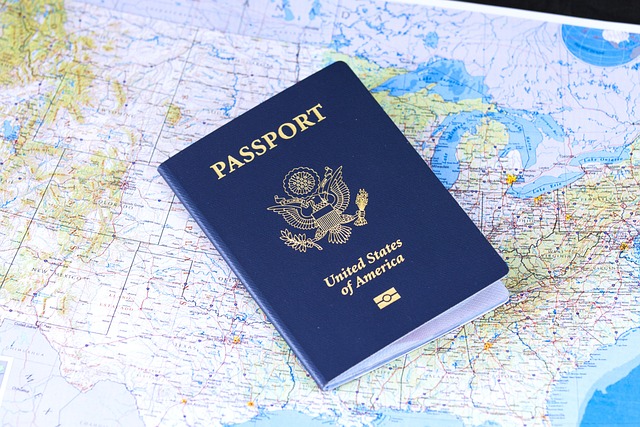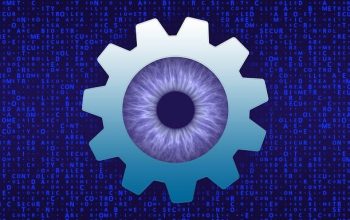Vehicle Identification Numbers (VIN), 17-character unique codes, act as digital fingerprints for cars, providing critical manufacturing, model, year, and history information. They're crucial for preventing fraud, verifying vehicle authenticity, and aiding buyers in making informed decisions when purchasing used cars by revealing past ownership, accidents, thefts, or VIN alterations.
Vehicle Identification Numbers (VINs) are more than just a unique code for every car—they serve as a robust defense mechanism against fraud. With growing instances of VIN stamping manipulation, conducting timely and accurate VIN lookups in the USA or Canada has become imperative. This article explores the multifaceted role of VINs, from preventing theft to safeguarding investments. We delve into VIN standards across various vehicles, highlighting the significance of understanding these codes to avoid stolen goods and ensure peace of mind for buyers and sellers alike.
- Understanding Vehicle Identification Numbers (VIN)
- VIN's Role in Preventing Fraud and Thefts
- How VIN Lookup USA and Canada Search Works
- Importance of VIN Standards Across Vehicles
- Protecting Your Investment: Utilizing VIN Scanners/Decoders
Understanding Vehicle Identification Numbers (VIN)

Vehicle Identification Numbers (VIN) are unique codes assigned to every vehicle, acting as a fingerprint that helps identify and track it throughout its lifecycle. This 17-character sequence is more than just a random string of letters and numbers; it encapsulates critical information about the vehicle’s manufacturer, model, year, and production details. The VIN serves as the primary means of verification for automotive authenticity, making it an invaluable tool in preventing fraud.
Each character in a VIN has a specific purpose, allowing professionals to verify every aspect of a vehicle’s history. From ensuring a car hasn’t been reported stolen to checking for prior accidents or mechanical issues, a VIN lookup provides a comprehensive snapshot. This is especially crucial when purchasing used vehicles, as it helps buyers make informed decisions and protects them from potential scams involving altered or cloned VINs.
VIN's Role in Preventing Fraud and Thefts

The Vehicle Identification Number (VIN) serves as a unique code, acting as a digital fingerprint for every vehicle manufactured worldwide. This 17-character code encapsulates vital information about the vehicle’s history, specifications, and authenticity. Its primary role is to prevent fraud and theft by providing a reliable method of identification. VINs are used to track vehicles throughout their lives, ensuring that any changes made—from routine maintenance to major repairs—are accurately documented.
In cases of theft or fraudulent activities, such as the altering of VINs on stolen vehicles, a thorough VIN lookup becomes an indispensable tool. By cross-referencing the provided VIN with database records, authorized parties can quickly verify the vehicle’s ownership history and current status. This process helps prevent the resale of stolen goods and safeguards consumers from making costly purchases of compromised vehicles.
How VIN Lookup USA and Canada Search Works

When you conduct a VIN lookup USA or a Canada VIN search, you’re essentially querying a vast database that holds detailed information about every vehicle ever manufactured and registered. This process works by comparing the unique 17-character Vehicle Identification Number (VIN) against the records in these databases. The data includes manufacturing details like date, plant location, model year, and specific vehicle features. Upon successful validation, the system provides a comprehensive report encompassing the vehicle’s history, ownership changes, accident records, and more. This instant verification is crucial in flagging any discrepancies or fraudulent activities related to the VIN, such as altered numbers on stolen vehicles or illegal modifications.
Moreover, these searches aren’t limited to car dealers; anyone can access this powerful tool. Whether you’re a private buyer scrutinizing a potential purchase or an automotive professional ensuring the integrity of their inventory, a VIN lookup is a vital step in safeguarding against fraud and securing a safe transaction. The process is simple: input the VIN into a specialized scanner or decoder, receive the report, and make an informed decision based on the verified data.
Importance of VIN Standards Across Vehicles

Protecting Your Investment: Utilizing VIN Scanners/Decoders

Protecting your investment starts with a simple yet powerful tool—VIN scanners and decoders. These devices are designed to read and interpret Vehicle Identification Numbers (VIN), providing critical insights into a vehicle’s history and authenticity. By using a VIN scanner, you can instantly verify if a vehicle has been reported stolen, damaged in accidents, or subject to any other fraudulent activities. This is particularly crucial when purchasing used vehicles, as altered VINs are often used in cases of theft and resale.
Moreover, these scanners offer a comprehensive view of the vehicle’s past, including its original manufacturer, model year, assembly plant, and even the color it was delivered in. Armed with this knowledge, buyers can make informed decisions, ensuring they’re not caught up in a web of fraud. This technology is especially valuable for dealerships, private sellers, and individuals importing vehicles from abroad, where proper documentation and history verification are essential to protect against financial loss and legal complications.
In today’s market, where fraud and theft are prevalent, understanding the true meaning of a Vehicle Identification Number (VIN) is more crucial than ever. By utilizing VIN lookup tools and being aware of automotive VIN standards, individuals can protect themselves from purchasing stolen vehicles and ensure their investments remain legitimate. This simple step, combined with the help of advanced VIN scanners and decoders, goes a long way in preserving the integrity of our transportation systems.



